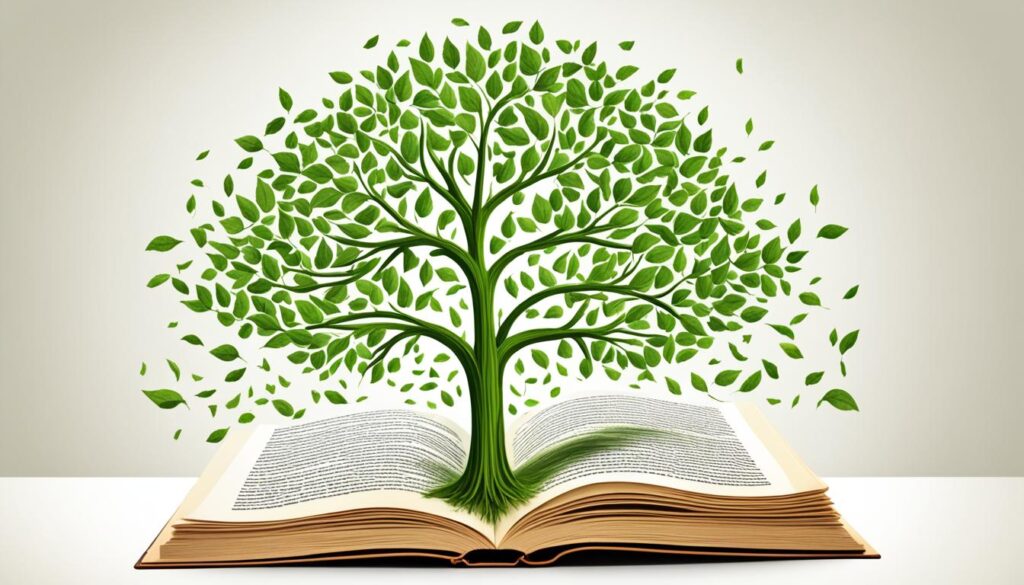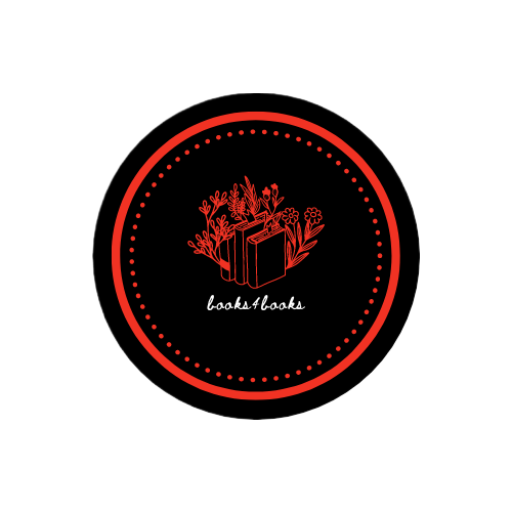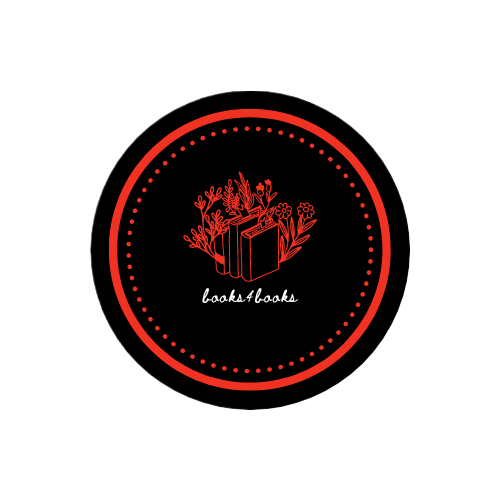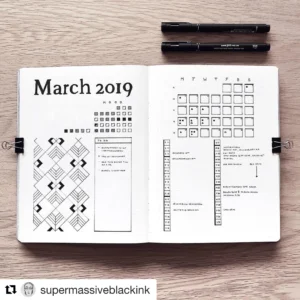On average, an adult reads about 300 words a minute. By using reading tips and new techniques, you can boost reading speed significantly. Better reading skills help in many ways. They let you learn more in less time and make your mind quicker and more analytical.
Improving your reading isn’t just about going faster. It’s also about understanding more and building good reading habits. Make reading a journey of growth, not just a skill. By working to improve reading skills, you open up a lifetime of learning. This expands your imagination and deepens your understanding.
Key Takeaways
- Recognizing the importance of speed, comprehension, and habit to transform reading into a more efficient and rewarding experience.
- Utilizing active engagement techniques to elevate understanding and retention of reading material.
- Exploring a variety of texts to broaden linguistic prowess and adaptability to different writing styles.
- Integrating specialized speed reading tactics for quicker information processing.
- Consistently practicing and refining critical reading and analytical skills for deeper insights.
- Approaching the development of reading competencies with patience and persistence for long-term improvement.
Embracing Active Reading for Deeper Engagement
To truly dive into active reading, you need special reading strategies. These strategies help you connect deeply with what you’re reading. Instead of just skimming the surface, they make the ideas stick in your mind. Engaging this way means asking deep questions, guessing what comes next, and summarizing key points to better understand and remember them.

The Role of Questioning in Active Reading
Asking questions is key to active reading. It makes you think deeply about what you’re reading. By questioning, you uncover deeper meanings and connections. When you question things like characters’ actions or the truth of the facts, you’re not just reading. You’re really digging into the material to understand it better.
Predictive Reading: Anticipating Content for Better Understanding
Predicting what will happen next is a powerful reading strategy. It prepares you to understand new info better. Making guesses about the story or information keeps you engaged. It’s like having a conversation with the book, where you check if your guesses match up with the story.
Summarization Techniques to Solidify Retention
Summarizing what you’ve read anchors the information in your memory. It’s about turning what you read into a shorter version. This step proves you’ve understood the material and helps you remember the main ideas. It’s important for students, professionals, and anyone who wants to fully grasp what they read.
Expanding Vocabulary to Improve Comprehension
Mastering reading comprehension means improving your vocabulary. Adding vocabulary activities to your day isn’t just for school. It’s key to fully unlocking your language skills. Using word games and discovering new terms makes sure new words stick.
Learning new words can be fun, not boring. Engaging word games turn it into an exciting challenge. From crosswords to digital games for language, there’s a lot to choose from. By finding new terms, you boost your reading comprehension. This helps understand complex ideas easier.
Here’s a helpful guide for fun vocabulary activities to remember new words better:
- Flashcard Drill: Make flashcards with new words on one side and meanings on the other. Regular review strengthens memory.
- Word Association Games: Link new words with related words to build connections and help memory.
- Contextual Sentences: Write sentences with new words to see how they’re used.
- Word Maps: Create a map with the new word at the center, linking it to related words or ideas.
| Activity | Description | Benefits |
|---|---|---|
| Daily Journaling | Add a new word to daily journal entries. | Helps use it in a personal context, improving recall. |
| Online Quizzes | Try online vocabulary quizzes. | Gives instant feedback to test your knowledge. |
| Reading Groups | Talk about new words found in book club readings. | Promotes learning with friends and active discussion. |
| Mobile Apps | Use apps to learn new words anywhere. | It’s a handy and fun way to grow your vocabulary. |
Growing your vocabulary is a journey that boosts reading comprehension and speaking. Whether it’s noting down new terms from reading or playing word games, there are many ways to include learning in everyday life. These methods can turn your love for words into real gains in understanding and talking.
Implementing Speed Reading Techniques for Efficiency
Starting to speed up your reading requires learning speed reading techniques. These methods are not only for quick reading. They also help in understanding and remembering what you read.

Reducing Subvocalization for Faster Reading
Subvocalization means silently saying words as you read. It’s normal but can slow you down. Lowering how much you subvocalize can help you read faster.
Enhancing Attention and Utilizing Peripheral Vision
Improving focus and using your peripheral vision are key for speed reading. This means less distraction and seeing more words at once. With practice, you can read larger sections quickly.
| Technique | Benefit | Practice Method |
|---|---|---|
| Chunking | Reads groups of words for faster comprehension | Use a pointer or guide to group words together |
| Skimming | Gathers the gist of the content quickly | Scan headings, subheadings, and summary sentences |
| Eye Exercises | Increases fixations across a line of text | Practice eye movements that traverse the text without focusing on specific words |
| Eliminating Regression | Prevents rereading and backtracking | Use a guide to prevent eyes from wandering back to previous text |
Learning to read faster is exciting and offers many benefits. Using these techniques can improve both your personal and work life.
Developing Consistent Reading Habits
Setting up consistent reading habits is key to enjoying literature and growing intellectually. Make time every day to dive into various texts. This helps you see the world from many angles. Reading things like novels, news, or academic texts daily makes it a natural part of your life. It boosts your understanding and knowledge.
Try reading different kinds of books and articles. Mix fun stories with serious, thought-provoking ones. This will expose you to various writing styles and ideas. It helps you think more deeply and understand more complex content.
Here are some benefits of regular reading:
- Nurtures cognitive function: Reading often keeps your brain sharp.
- Improves focus and discipline: Having a reading schedule improves self-control and attention span.
- Enhances empathy: Understanding different experiences and feelings through reading boosts empathy.

“The habit of reading is the only enjoyment in which there is no alloy; it lasts when all other pleasures fade.” – Anthony Trollope
Think about writing down what you read in journals or apps. Note your thoughts, favorite lines, or reflections. It’s a great way to remember more and see how much you’ve learned.
A suggested reading schedule might be:
| Day | Type of Text | Reading Time | Focus |
|---|---|---|---|
| Monday | Scholarly articles | 45 min | Deep comprehension |
| Tuesday | Novels | 30 min | Creative imagination |
| Wednesday | Biographies | 30 min | Historical context |
| Thursday | Business journals | 45 min | Industry insights |
| Friday | Science magazines | 30 min | Scientific literacy |
| Saturday | Weekly news roundup | 60 min | Current events |
| Sunday | Poetry | 20 min | Aesthetic appreciation |
With discipline and curiosity, anyone can make consistent reading habits a portal to endless knowledge and joy.
Reading Tips: Cultivating Critical Analysis Skills
Critical reading and analytical skills are key for understanding texts deeply. Whether you’re diving into a novel, a textbook, or an article, these abilities let you see beyond just the words. We’ll show you practical ways to sharpen your analysis skills. We’ll also talk about how group talks and reading circles can help a lot.
Analyzing Author Bias and Intent
Looking into why an author wrote something and what their views are is crucial. It means thinking about the context of the work and what the author aimed to do. By examining the text’s language, tone, and structure, you’ll uncover deeper messages and viewpoints. This not only boosts your interpreting skills but also helps you discuss and debate your ideas.
Understanding Rhetorical Strategies
Rhetorical strategies are how writers convince or inform readers. They use tools like analogies and contrasts to affect how we see the text. Getting good at spotting these techniques helps you understand complex ideas better. It also lets you judge if a text is convincing.
Dynamics of Group Discussion and Peer Review
Talking things over in groups and checking each other’s work are great for better analysis. Reading groups are especially good because they let different views be shared and looked at. Seeing things from several angles challenges your ideas, opens up new ones, and sharpens your analysis. Working together brings deeper discussions and better understanding.
Below is a table that lists key parts of developing critical reading and analysis skills:
| Component | Description | Benefit |
|---|---|---|
| Author’s Bias and Intent | Evaluating the creator’s perspective and purpose behind the text. | Amplifies interpretative and inferential skills. |
| Rhetorical Strategies | Identifying persuasive elements and writing techniques used. | Heightens appreciation for craft, critical appreciation, and argumentative analysis. |
| Reading Groups | Engaging with diverse opinions and analyses in a communal setting. | Elicits deeper comprehension and the assessment of texts from varying viewpoints. |

Conclusion
Starting to improve reading skills opens up a world of knowledge and deep satisfaction. Using effective reading techniques becomes a part of your daily learning. Techniques like active reading make you a proactive reader, and building your vocabulary helps in understanding texts better.
Speed reading helps you keep up with today’s fast pace, letting you read more in less time without missing out. Joining reading groups adds to your understanding and makes discussions about books and articles more interesting. This adds a social aspect to your reading that enhances your personal efforts and gives you different viewpoints.
To improve reading skills means to grow in a personal way that touches every part of your life. It’s about self-improvement, whether for work, school, or fun. Keeping at it and loving to explore new things means our ability to understand and enjoy reading keeps growing. This makes reading both a skill to practice and a joy.





